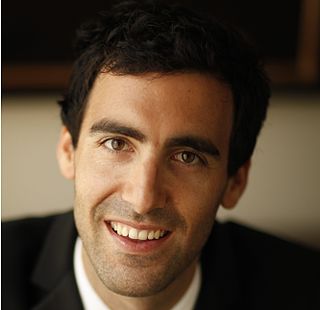A Quote by Sam Altman
When it comes to starting startups, in many ways, it's easier to start a hard startup than an easy startup.
Related Quotes
For a long time, I've ranted against naming your startup community 'Silicon Whatever.' Instead, I believe every startup community already has a name. The Boulder startup community is called Boulder. The L.A. startup community is called L.A. The Washington D.C. startup community is called Washington D.C.
I've been very fortunate to be at the startup of a lot of different things. I was the startup of the Pancrase organization in Japan. Became a big figure over there. Then I was in the UFC and was at the startup of that, and I was a big figure in that. Twice. Not only in the beginning but also when it was taken over.
My advice was to start a policy of making reversible decisions before anyone left the meeting or the office. In a startup, it doesn't matter if you're 100 percent right 100 percent of the time. What matters is having forward momentum and a tight fact-based data/metrics feedback loop to help you quickly recognize and reverse any incorrect decisions. That's why startups are agile. By the time a big company gets the committee to organize the subcommittee to pick a meeting date, your startup could have made 20 decisions, reversed five of them and implemented the fifteen that worked.

































